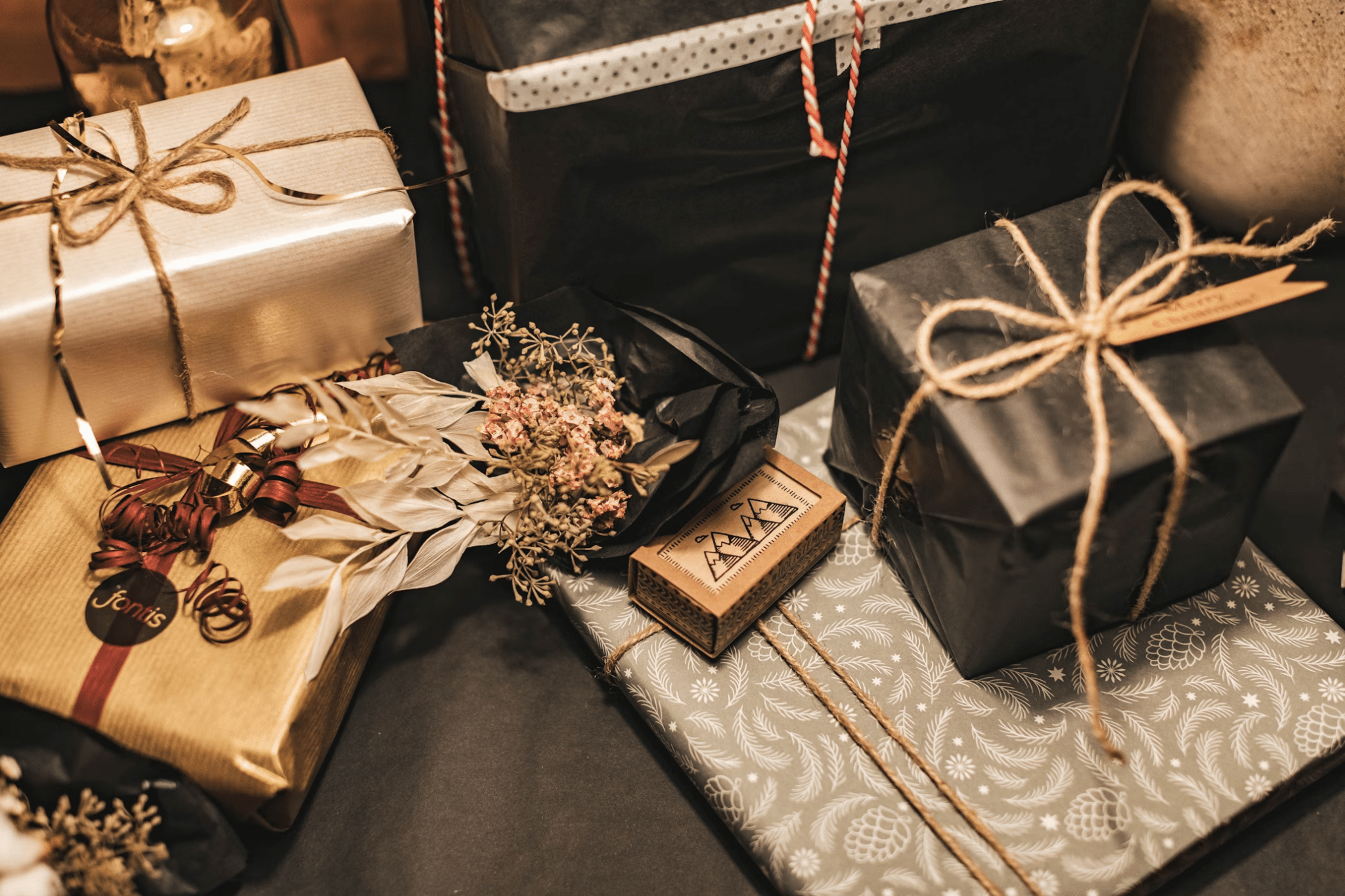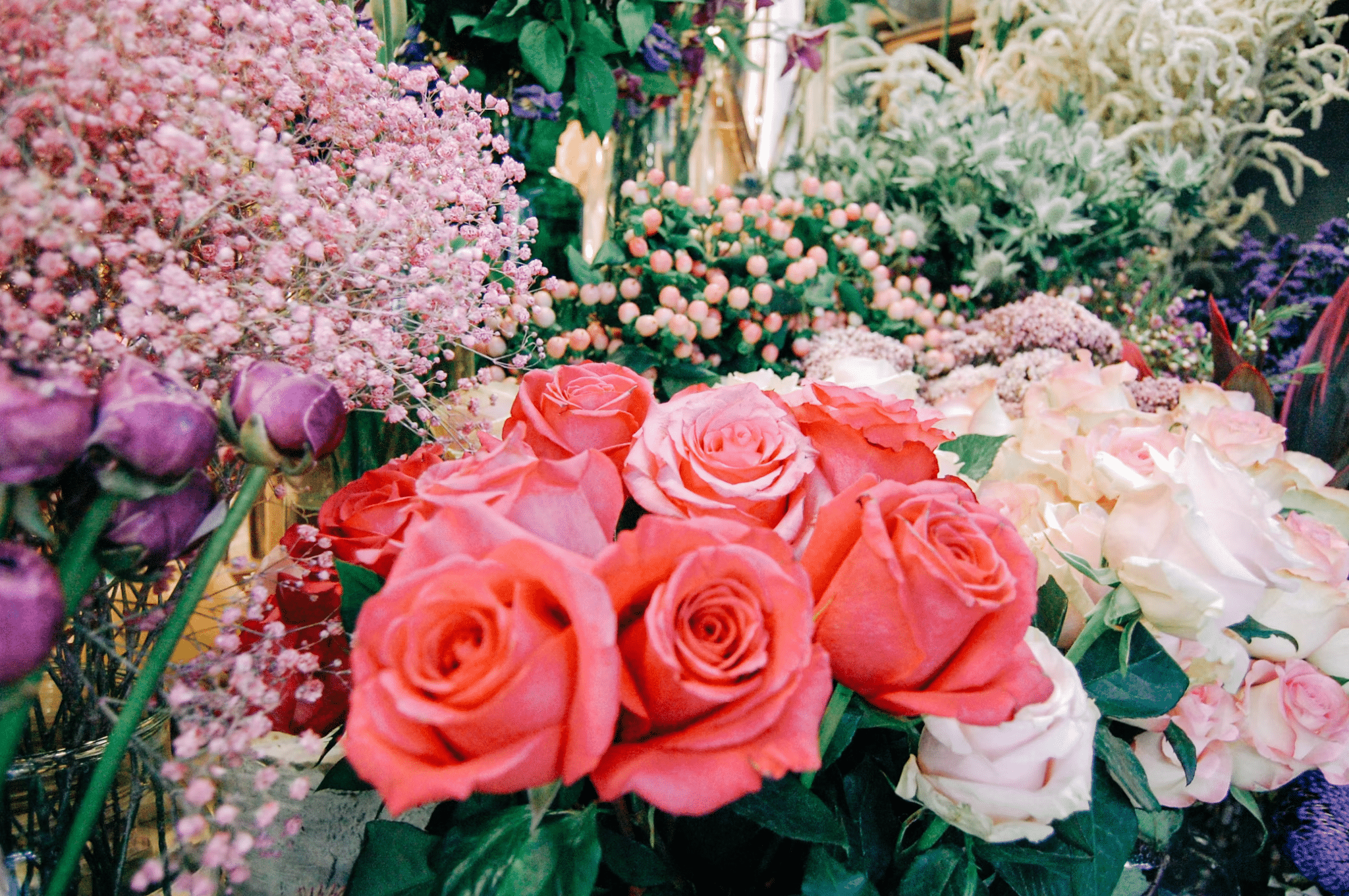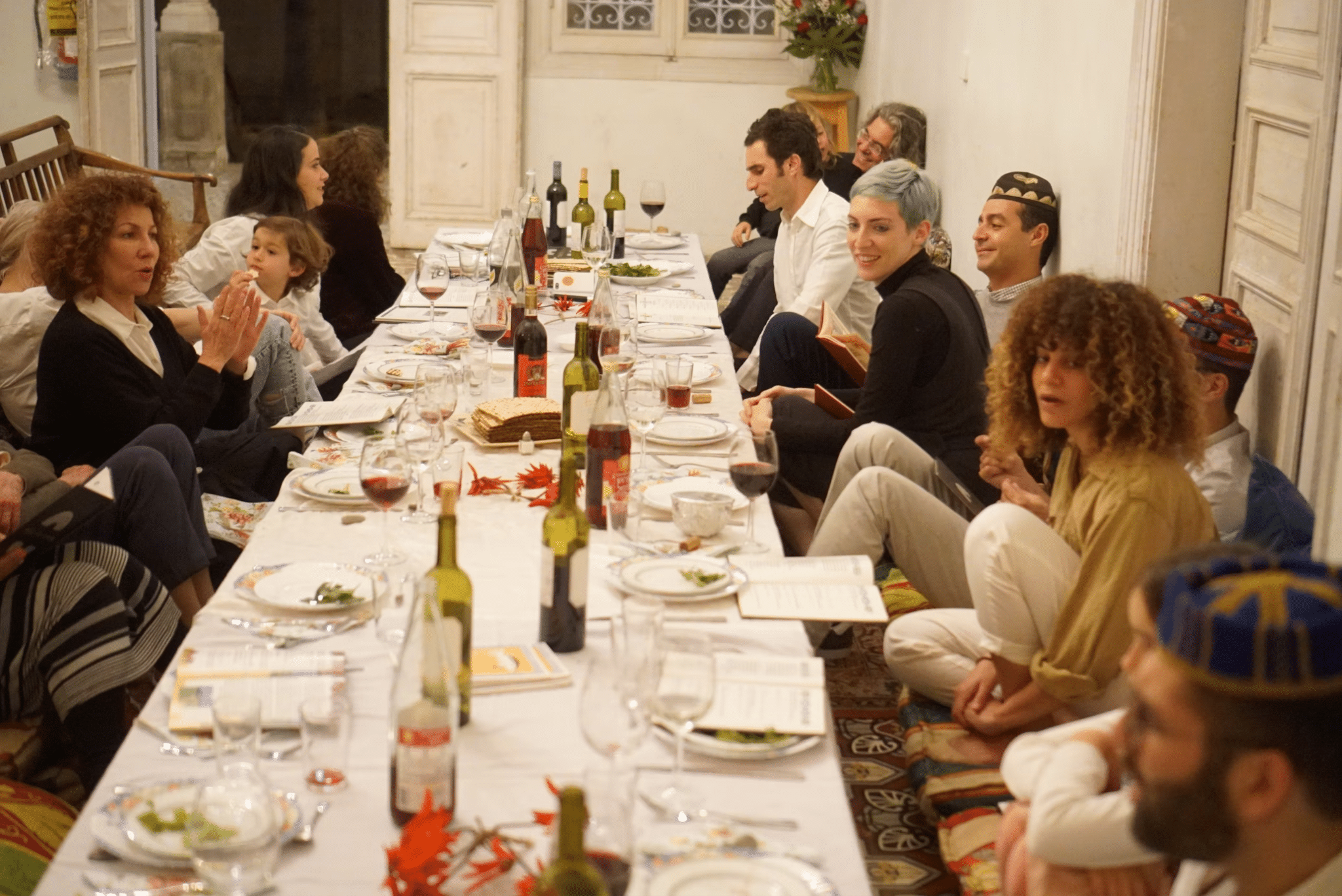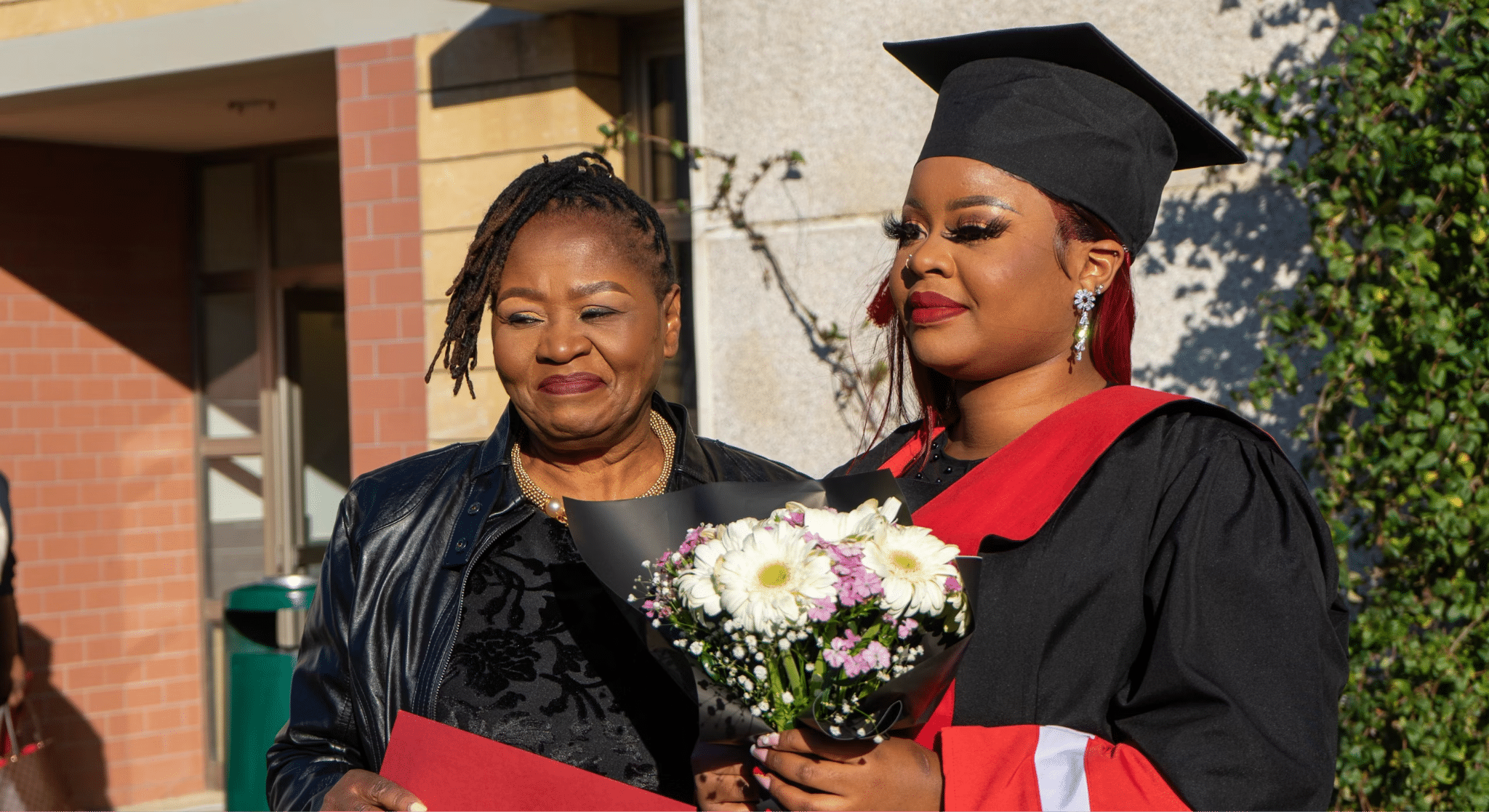Why We Celebrate: The Psychology Behind Marking Life’s Milestones
We mark the passage of time with parties, gatherings, and ceremonies that punctuate the rhythm of ordinary life. From the moment we’re born, we’re swept into a pattern of celebration—birthdays, graduations, weddings, promotions, retirements. But have you ever paused to consider why? Why do humans, across every culture and throughout history, feel compelled to stop, gather, and acknowledge certain moments as more significant than others?
The answer runs deeper than tradition or social obligation. Celebration is fundamentally psychological—a way we make sense of time, create shared meaning, and construct our identity. When we celebrate, we’re doing something profoundly human: we’re transforming abstract concepts like achievement, love, or transition into tangible experiences that anchor our memories and connect us to others.
Understanding why we celebrate reveals something essential about human nature. It shows us how we process change, how we build community, and how we give shape to the otherwise formless flow of existence.
The Human Need to Mark Time
Our relationship with time is complicated. Days blur together. Weeks pass without distinction. Years accumulate in ways that can feel both too fast and strangely empty. Without markers, time becomes a featureless landscape—hard to navigate, harder to remember. Celebrations solve this problem by creating what psychologists call “temporal landmarks.”
Temporal landmarks are reference points that help us organize time psychologically. They’re the reason you remember your wedding day more vividly than the Tuesday three weeks before it, why your graduation stands out while the semester leading to it blends together. These landmarks don’t just help us remember—they help us structure our autobiographical narrative, the story we tell ourselves about who we are and how we got here.
Research in behavioral psychology shows that temporal landmarks also influence our behavior. People are more likely to pursue goals, make changes, and feel motivated immediately following a significant milestone. It’s why New Year’s resolutions are so common, why people often make life changes after birthdays, and why graduations so frequently precede periods of intense personal growth. The milestone creates a psychological fresh start, a sense that a new chapter is beginning and different things are possible.
This is partly why milestone celebrations feel so important—they’re not just commemorating what happened, they’re creating the mental architecture that helps us move forward. When we celebrate graduating, we’re not just acknowledging years of study; we’re psychologically closing that chapter and opening ourselves to the next one.
Achievement and Social Recognition
Humans are deeply social creatures, and much of our identity is constructed through recognition from others. We don’t just want to achieve things—we want our achievements to be seen, acknowledged, and validated by our community. This isn’t vanity; it’s a fundamental aspect of how we understand ourselves.
When someone completes years of education, the achievement is personal, but the meaning is social. The ceremony, the applause, the congratulations—these transform private accomplishment into shared recognition. They signal to the graduate and to everyone around them that something significant has happened, that a threshold has been crossed, that status has changed.
This social recognition serves multiple psychological functions. First, it validates effort. Years of study can feel abstract and endless while you’re in them. The celebration creates a defined endpoint, a moment where all that work crystallizes into something concrete and recognized. Second, it creates accountability. Public celebration of an achievement makes it real in a way that private satisfaction cannot. It’s been witnessed, acknowledged, and becomes part of how others see you.
Academic milestones particularly illustrate this dynamic. Completing a degree is partially about the knowledge gained, but it’s equally about the social credential—the recognized status change that comes with graduation. The celebration acknowledges both dimensions. It honors the personal journey while also welcoming the graduate into a new social category.
The gestures we use to mark these moments carry their own significance. Graduation flowers in Singapore represent more than decoration—they’re a traditional symbol of achievement, growth, and new beginnings. Flowers at graduation communicate pride, recognition, and celebration in a visual, immediate way that complements the ceremony itself. They transform the abstract into the tangible, creating a sensory memory that anchors the milestone.
The choice to mark achievement with flowers has deep roots. Flowers represent growth, blooming, and reaching full potential—metaphors that align perfectly with educational completion. They’re also temporary, their beauty fleeting, which adds poignancy to the moment. The graduate holds something beautiful that won’t last, just as this particular moment won’t last. It makes the present more precious.
Beyond the symbolism, there’s something deeply human about receiving flowers at moments of achievement. The physical act of holding a bouquet, the visual beauty, the fragrance—these engage our senses in ways that make the moment more memorable and emotionally resonant. The gesture also provides a focal point for photographs, creating visual documentation that will trigger memories for years to come.
Transition and Identity Transformation
Many of our most significant celebrations occur at transition points—moments when identity fundamentally shifts. Graduations mark the transition from student to professional. Weddings mark the transition from individual to partner. These aren’t just additions to who we are; they’re transformations of our core identity.
Transitions are psychologically challenging because they require us to let go of one identity while embracing another. This process can be disorienting. Who are you when you’re no longer a student but not yet established in a career? Who are you in the weeks between engagement and marriage, when you’re preparing to fundamentally change your life structure?
Celebrations provide psychological scaffolding for these transitions. They create a defined moment where the shift happens, a clear before and after. This helps our minds process the change. Instead of a gradual, confusing drift from one state to another, we have a ceremony, a party, a marked point where we can say: before this moment I was X, after this moment I am Y.
The rituals and symbols embedded in these celebrations carry meaning that helps us navigate the transition. Wedding showers, for instance, serve multiple functions. On the surface, they’re about gift-giving and practical support—helping the couple establish their household. But psychologically, they’re about community acknowledgment of the upcoming transition and communal support for the person going through it.
Pre-wedding celebrations have evolved significantly, but their core function remains: they’re a space for the transitioning person to be honored, supported, and celebrated by their closest community. The gathering says: we see that you’re changing, we support this change, and we’re here to help you through it. This communal witnessing and support makes the identity transition feel legitimate and supported rather than lonely and uncertain.
The gifts exchanged at these gatherings aren’t merely practical items, though utility matters. They’re symbolic investments in the person’s new identity. When you give bridal shower gifts, you’re not just providing useful items—you’re acknowledging the recipient’s upcoming role change and expressing your support for their new chapter. Each gift becomes a tangible reminder that their community recognizes and celebrates their transition.
The act of giving and receiving in these contexts creates emotional bonds that support the person through their transition. When the bride-to-be later uses items from her shower, she’s reminded of the people who gave them, the celebration they shared, and the support that surrounds her marriage. The gifts become touchstones connecting her to her community during a period of significant change.
This is why gift selection matters more than we often acknowledge. Generic gifts fulfill the social obligation but miss the deeper opportunity—to give something that truly honors the transition, that shows understanding of who the person is becoming, and that will serve as a meaningful reminder of support during inevitable challenging moments ahead. Thoughtful gifts demonstrate that you’ve considered the person’s specific needs, preferences, and the life they’re building.

Creating Shared Memory and Bonding
Celebrations are inherently communal. Yes, they honor an individual or couple, but they achieve this by bringing people together. This gathering itself serves crucial psychological functions that explain why we continue investing time and resources into celebrations even when they’re logistically challenging.
Shared experiences create bonds. When you attend someone’s graduation, shower, or wedding, you’re not just observing their milestone—you’re becoming part of their story. Years later, you’ll both remember that day, and that shared memory connects you. This is especially important in our increasingly fragmented modern world, where physical distance and busy schedules can weaken social ties.
Celebrations create what sociologists call “collective effervescence”—a feeling of intense shared emotion and connection that emerges when people gather for significant moments. You’ve felt this: the atmosphere at a wedding ceremony, the energy at a graduation, the warmth of a shower surrounded by close friends. These aren’t just pleasant feelings; they’re experiences that strengthen social bonds and reinforce group identity.
The celebration also creates a shared narrative. Everyone present becomes a witness to this chapter of the honored person’s story. They can later say, “I was there when…” This shared witnessing matters. It means the milestone isn’t just the individual’s private memory—it’s been collectively validated and will be collectively remembered.
The Role of Aesthetic Experience
There’s a reason celebrations involve beauty—flowers, decorations, special clothing, carefully prepared food. Aesthetic experience isn’t superficial; it’s psychologically powerful. Beauty elevates ordinary experience, signals that a moment is special, and creates sensory memories that last longer than abstract recollection.
When we mark milestones with beautiful things, we’re engaging multiple senses in memory formation. Years later, you might not remember specific conversations from your graduation day, but you’ll remember how the flowers smelled, how your gown felt, the taste of celebratory food. These sensory details anchor memories and make them more vivid and lasting.
The aesthetic dimension also communicates value. When we invest in making a celebration beautiful, we’re saying: this moment matters enough to deserve beauty, this person is worth the effort of creating something special. This communication happens non-verbally but powerfully. The recipient feels valued not just through words but through the tangible evidence of care and effort.
Quality matters in this context because it signals genuine care versus mere obligation. Anyone can grab a generic card and show up. Taking time to select meaningful items, to create or curate beauty, to thoughtfully prepare—these actions communicate a depth of feeling that fulfills our psychological need to feel genuinely valued by others.
This is where established sources of celebration items gain significance. Places like Floristique aren’t just retail venues—they’re specialists in the visual and aesthetic language of celebration. Their expertise helps people translate their feelings into appropriate aesthetic expression, ensuring that the beauty surrounding a milestone authentically reflects the significance of the moment.
The flower arrangements, gift presentations, and aesthetic details that accompany celebrations aren’t frivolous extras—they’re the vocabulary through which we express importance, care, and recognition. When done well, they elevate celebration from mere social obligation into genuine honoring of significant moments.
This is why people often feel stressed about getting celebration details “right.” It’s not about perfection or impressing others—it’s about the intuitive understanding that aesthetic choices communicate emotional truths. The flowers you choose, the gifts you select, the way you present them—all of these are part of how you say: I see you, I honor this moment, you matter to me.

Moving Forward: Celebrating With Intention
Understanding the psychology of celebration empowers us to celebrate more intentionally. When you recognize that celebrations serve deep psychological needs—marking time, validating achievement, supporting transitions, creating shared memory, and making meaning—you can make choices that serve these functions rather than mindlessly following convention.
This might mean scaling back in some ways—choosing intimate over impressive, meaningful over expensive, authentic over performative. It might mean scaling up in others—investing more in the elements that create genuine connection and lasting memory, being more present and attentive during celebrations, choosing symbols and gestures that truly resonate.
It definitely means being more conscious about why we’re celebrating and what we’re trying to achieve. Before planning any celebration, it’s worth asking: What is the core meaning of this milestone? What does the person being honored actually need right now? How can we create an experience that serves psychological needs rather than just meeting social obligations?
When we celebrate with this kind of intention, celebrations become more meaningful for everyone involved. The person being honored feels genuinely seen and supported. The community strengthens its bonds through authentic shared experience. Everyone leaves feeling like they participated in something real, not just performed a social obligation.

The power of celebration lies not in its grandeur but in its authenticity. The most meaningful celebrations aren’t necessarily the most expensive or elaborate—they’re the ones where people feel genuinely present, where the honoring feels real, where the community connection is palpable, and where the milestone’s significance is truly acknowledged.
As we move through our lives accumulating milestones, let’s remember why we celebrate. It’s not about the party itself—it’s about the human need to mark significance, to process transition, to connect with others, and to create the temporal landmarks that give shape to our lives.
When we celebrate with awareness of these deeper purposes, our celebrations become not just social events but meaningful rituals that genuinely serve our psychological wellbeing and strengthen the communities that sustain us.








